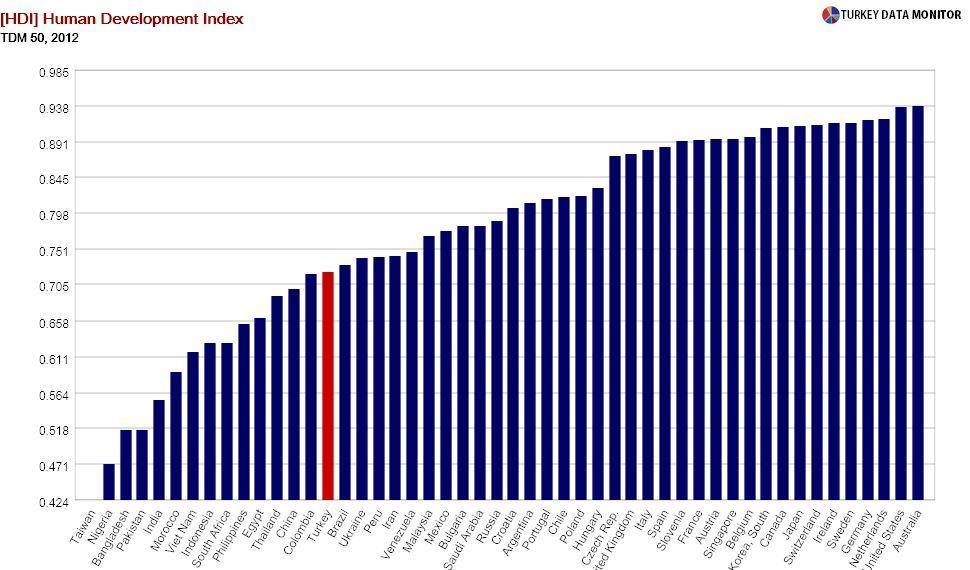No country for happy women
 I missed a lot of good laughter while I was in China. I was on a train from Shang Hai to Beijing when I read that Deputy Prime Minister Bülent Arınç had stated women should not laugh in public.
I missed a lot of good laughter while I was in China. I was on a train from Shang Hai to Beijing when I read that Deputy Prime Minister Bülent Arınç had stated women should not laugh in public.Turkish women who shared their photos laughing in social media, in protest, were joined by international celebrities. Leaving the medieval backwardness of his mentality aside, which fellow Hürriyet Daily News columnist Güven Sak explained so well in his latest column, I have to side with Arınç on this one on a technicality: Turkish women should not laugh at all, as Turkey is no country for happy women.
For starters, there is quite a bit of gender-based inequality and poverty in Turkey. A research note by Istanbul think tank Betam I carried over to my column in March shows poverty is more widespread in households headed by women. Not only more than 60 percent of women household heads are not in the labor force, the ones who are earn less than their male counterparts in similar positions.
Disparity is not limited to the labor market. Turkey ranks 69th in the United Nations Development Program’s Human Development Index (HDI), a composite statistic of life expectancy, education and income. As if this result were not dismal enough, the country is 118th in Gender-based Development Index, which accounts for gender gaps in the three components of the HDI.

Similarly, Turkey ranks 120th out of 136 countries in World Economic Forum’s Global Gender Gap 2013 Report, which “benchmarks national gender gaps on economic, political, education and health-based criteria.” But hey, the country was 122nd out of 135 countries when I mentioned the report in my annual International Women’s Day column in 2012, so maybe in a century or so…
Turkish women’s more tragic woes are not reflected in these rankings. An article in the Guardian underlined that reported violence against women had risen 14-fold since 2002. There were 129 women killed in the first half of 2014, compared to 88 in the same period last year. One was my friend Esther.
Turkish women could have some reason to smile, if not laugh, if the state worked hard to improve their situation. Quite the contrary, in fact: A court recently reduced the sentence of a man who attacked his wife after seeing her with another man, considering “wearing leggings” and “leaning to one side” as “provocative” factors – and therefore extenuating circumstances.
Women are entitled to government support for single mothers only if their husbands are dead – not if they are divorced. Policies such as financial support to take care of the elderly at home and tax exemption for women working from home show incentives are provided in a way to keep women at home.
The main opposition Republican People’s Party (CHP) claims, based on the latest leaked phone recording, that Turkey’s education policy is being designed by Supreme Leader Recep Tayyip Erdoğan’s boy Bilal, in close coordination with five Islamist-leaning foundations. His priority seems to be eradicating coed schools, rather than tackling gender-based educational disparities.
I am hoping the Harvard Kennedy School graduate is not any better at designing educational policy than “zeroing” money or playing football.










